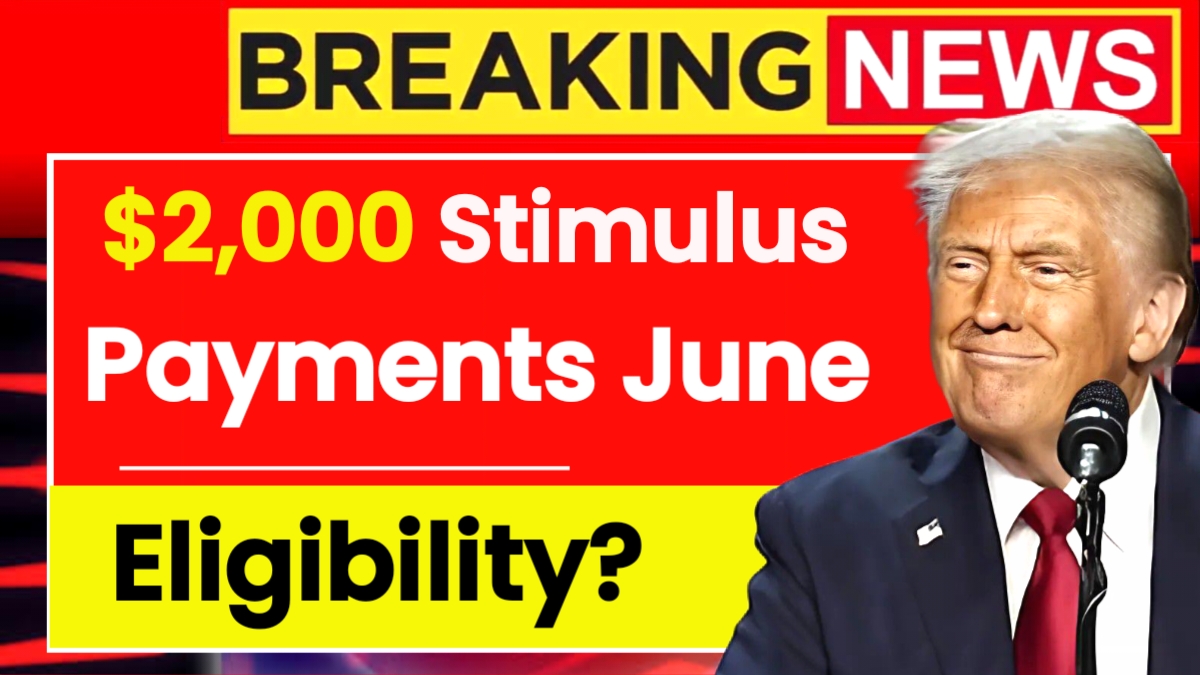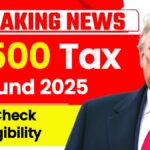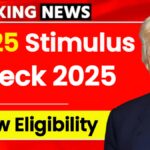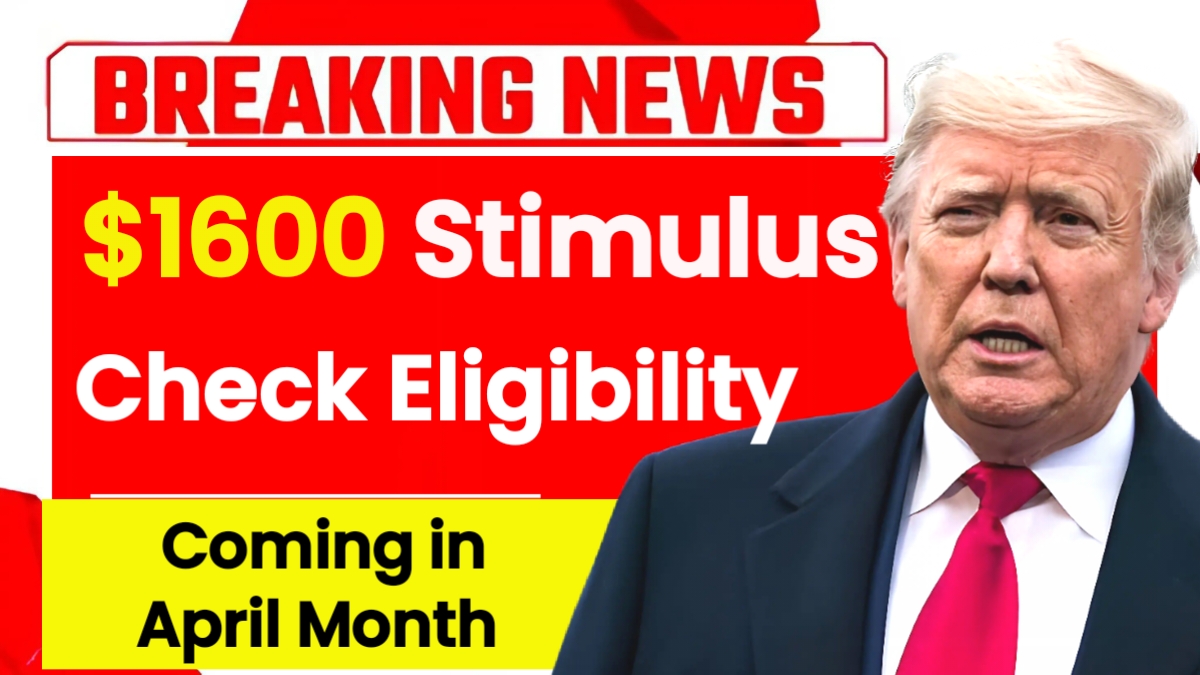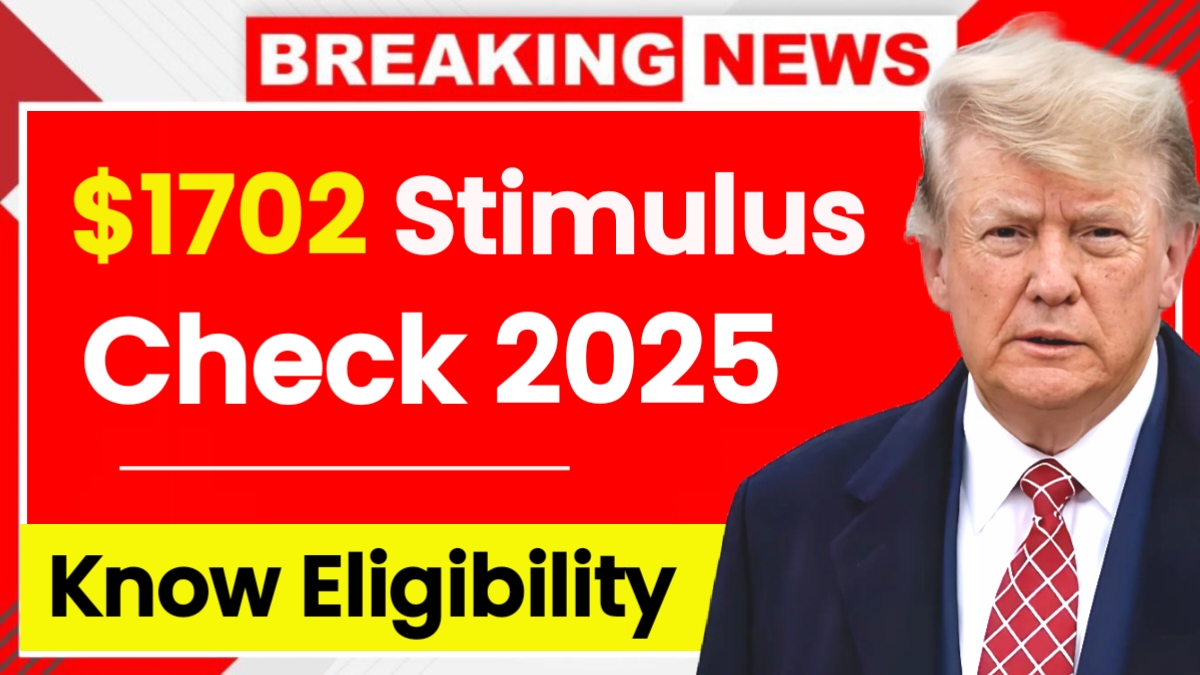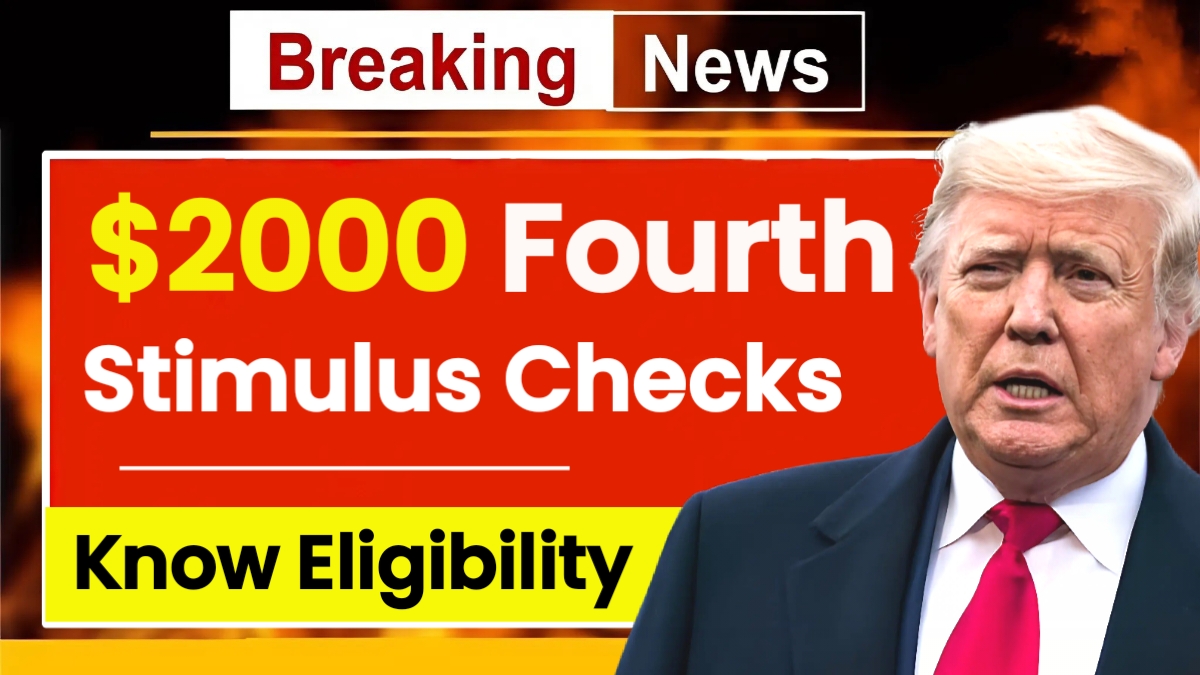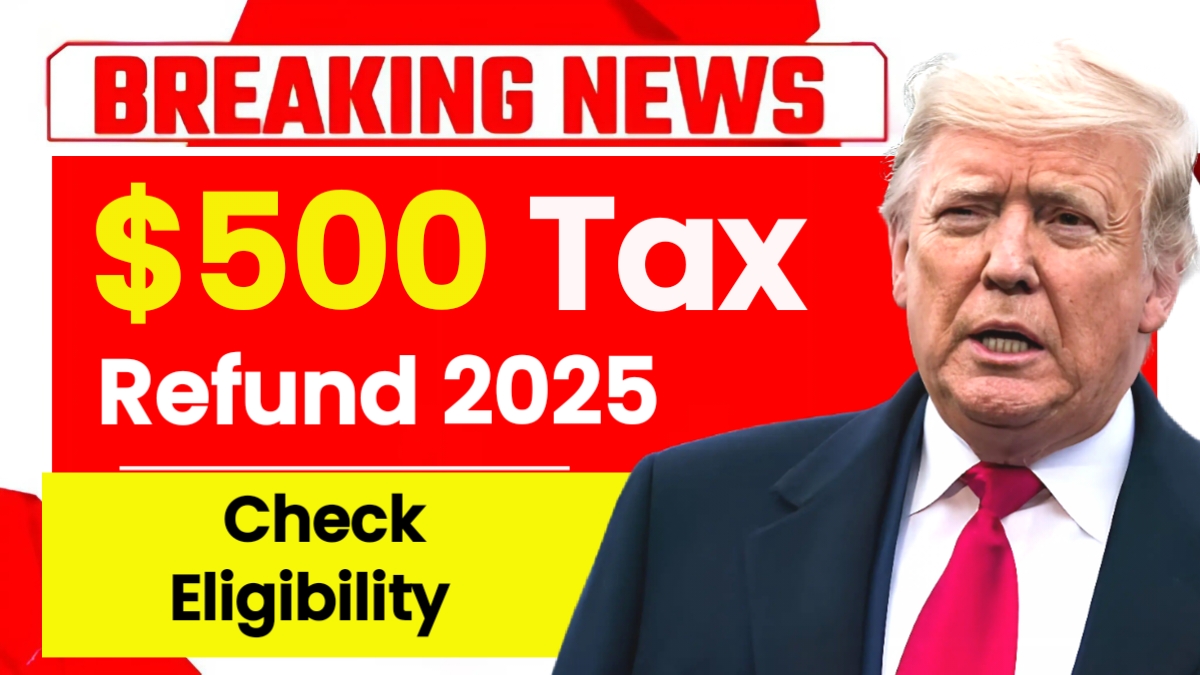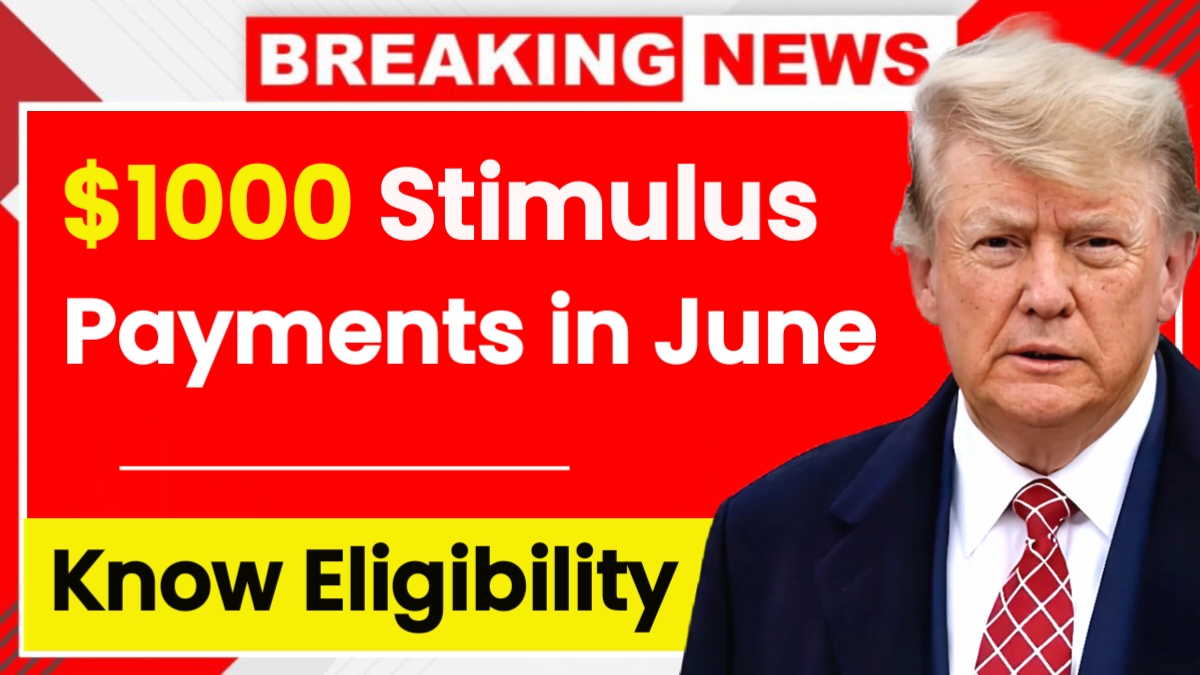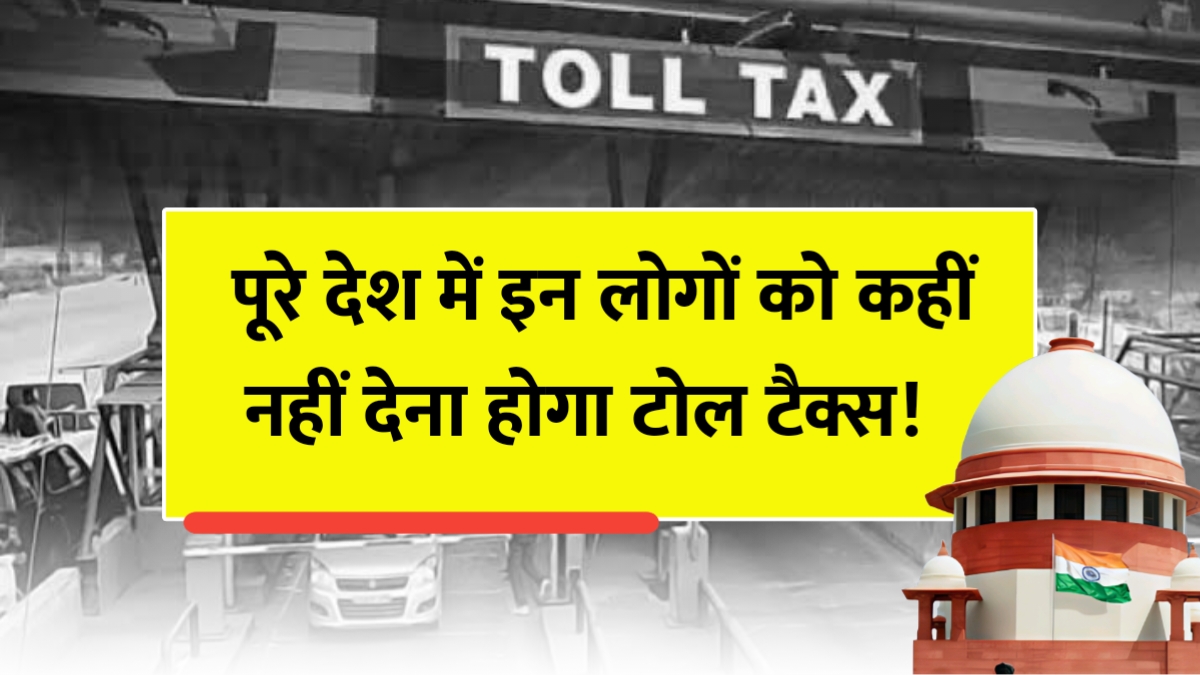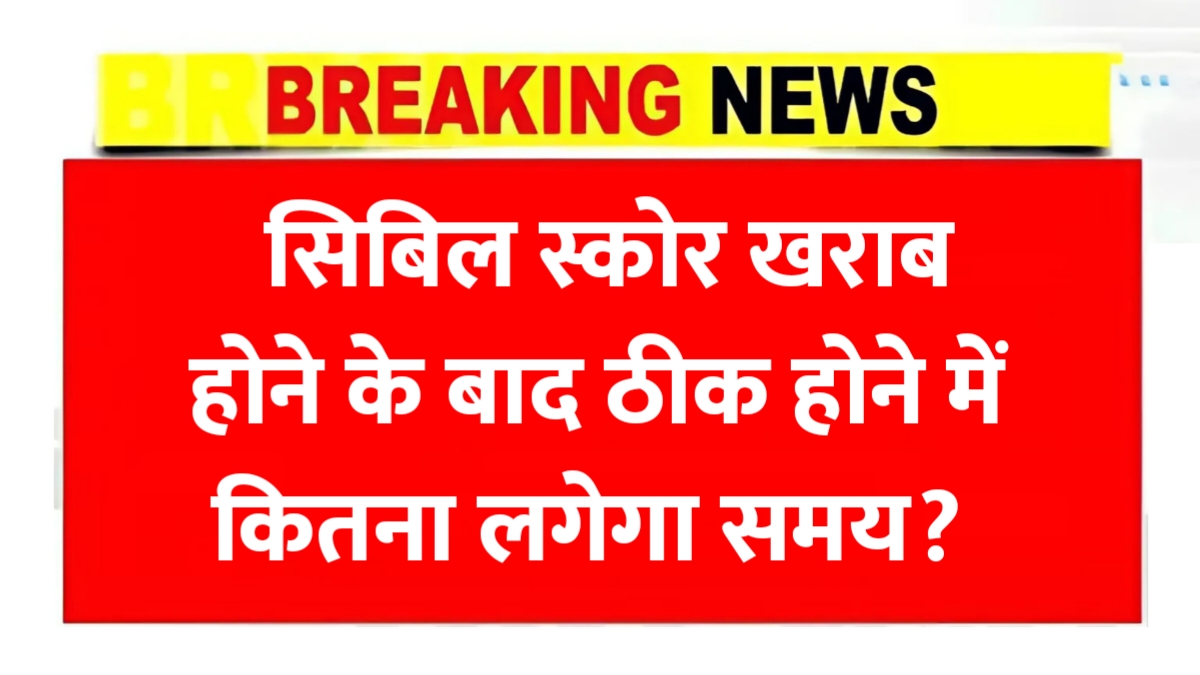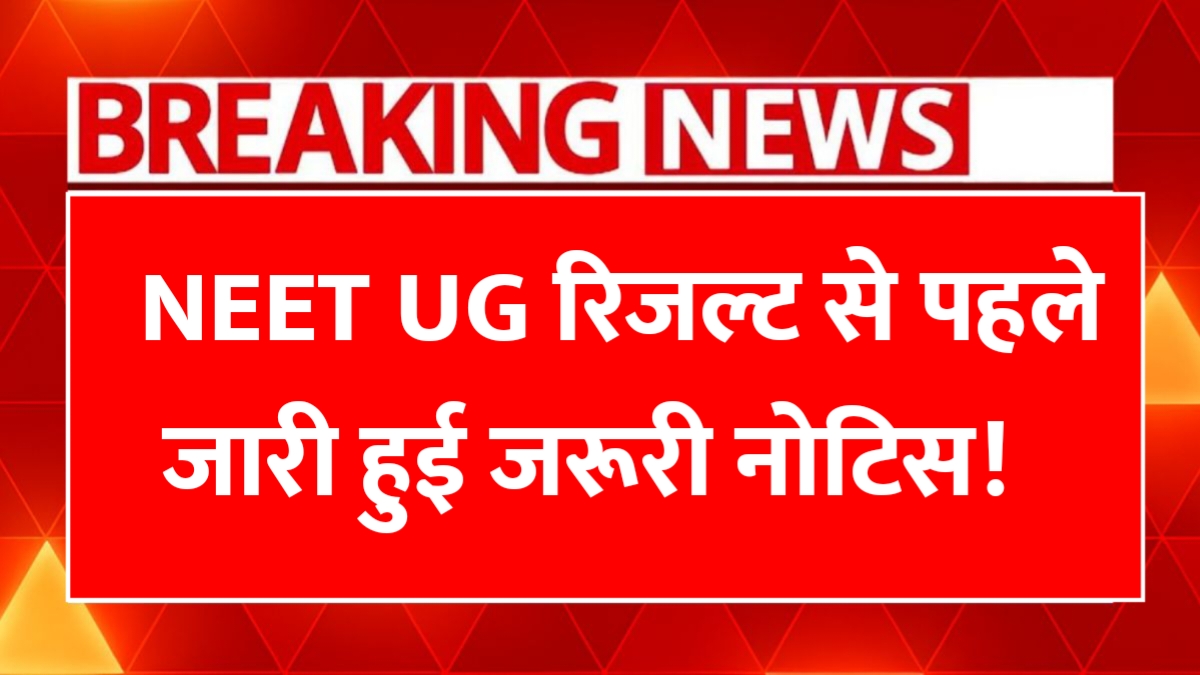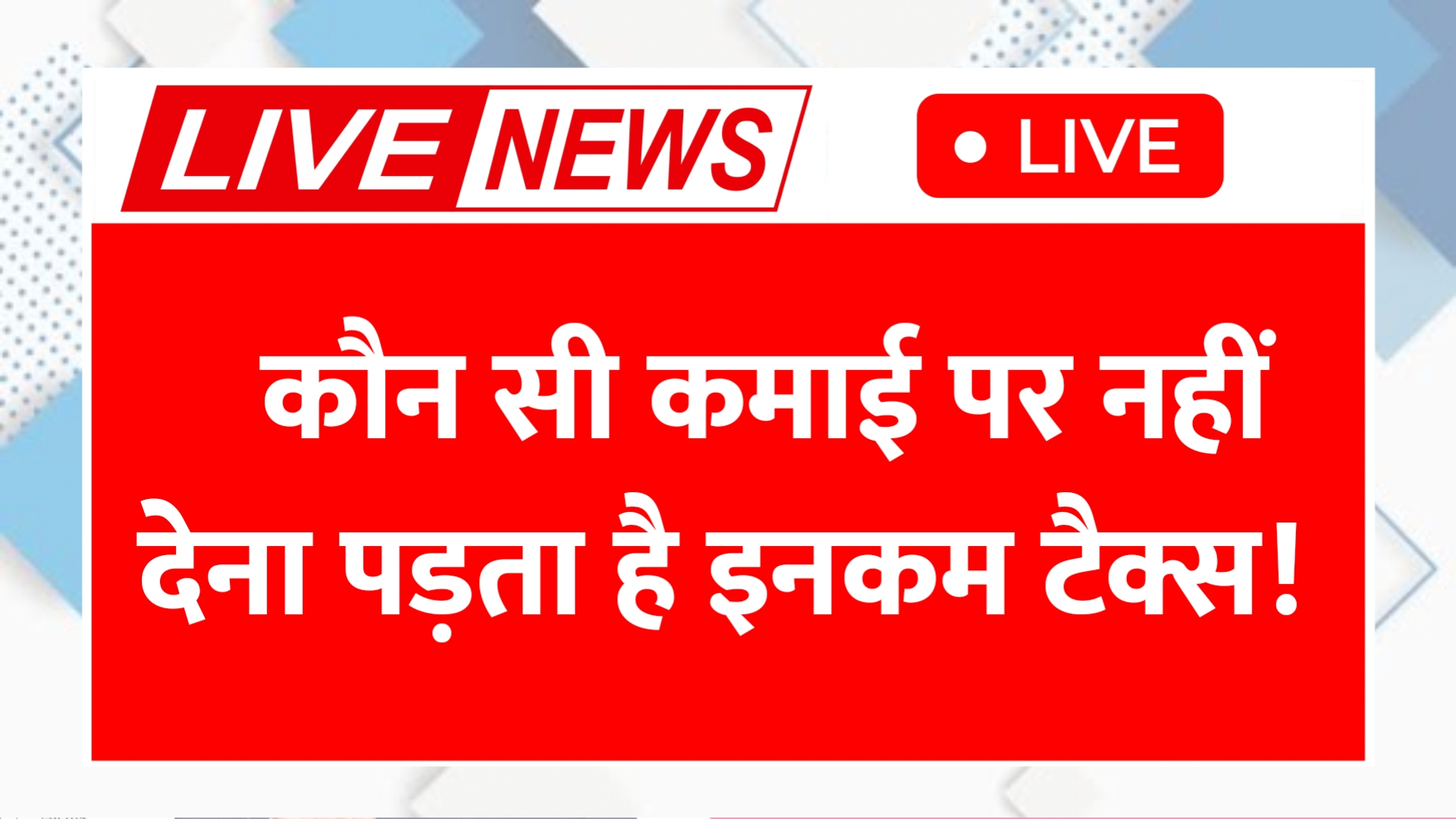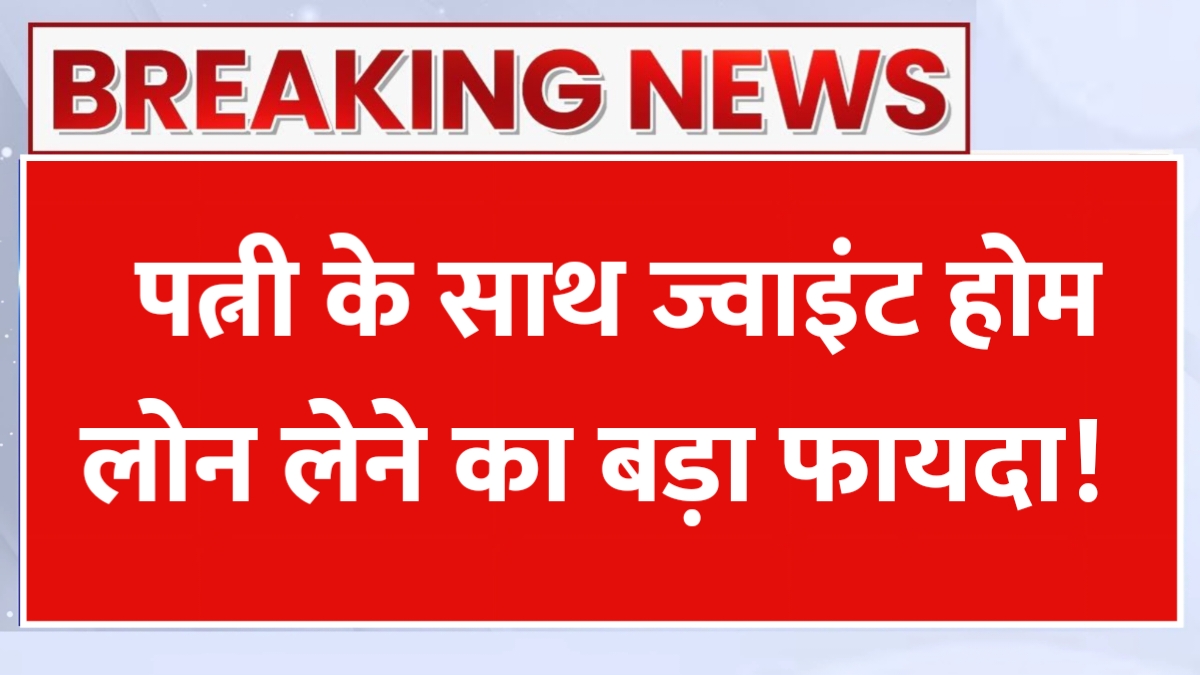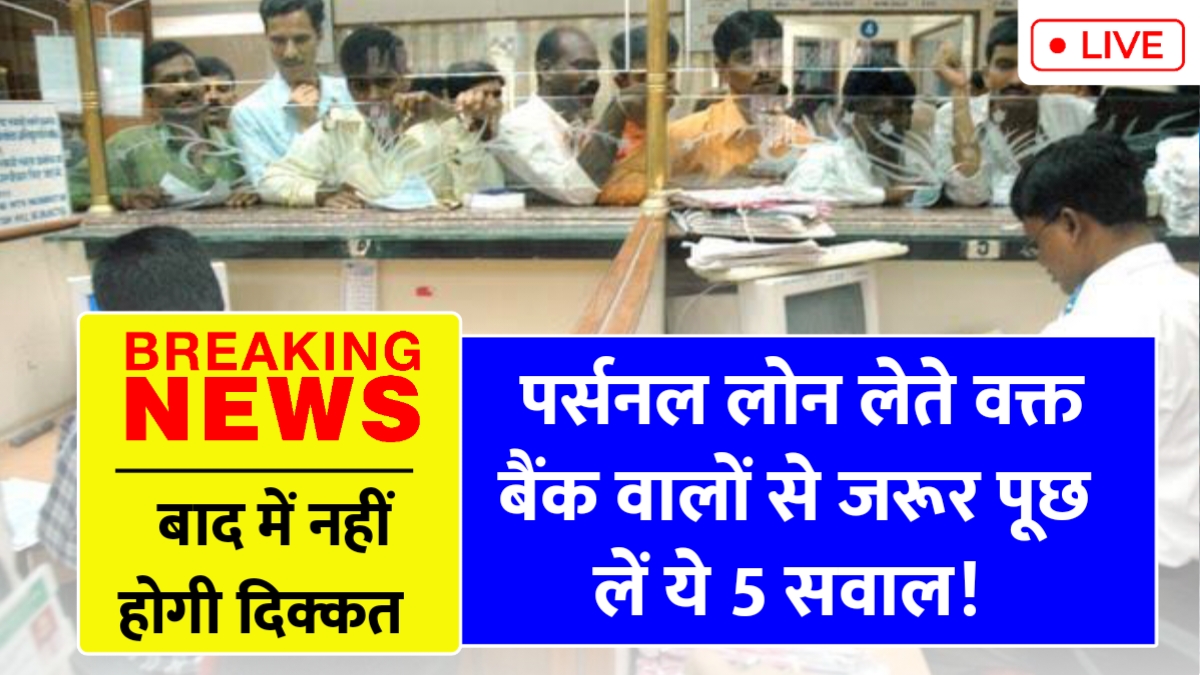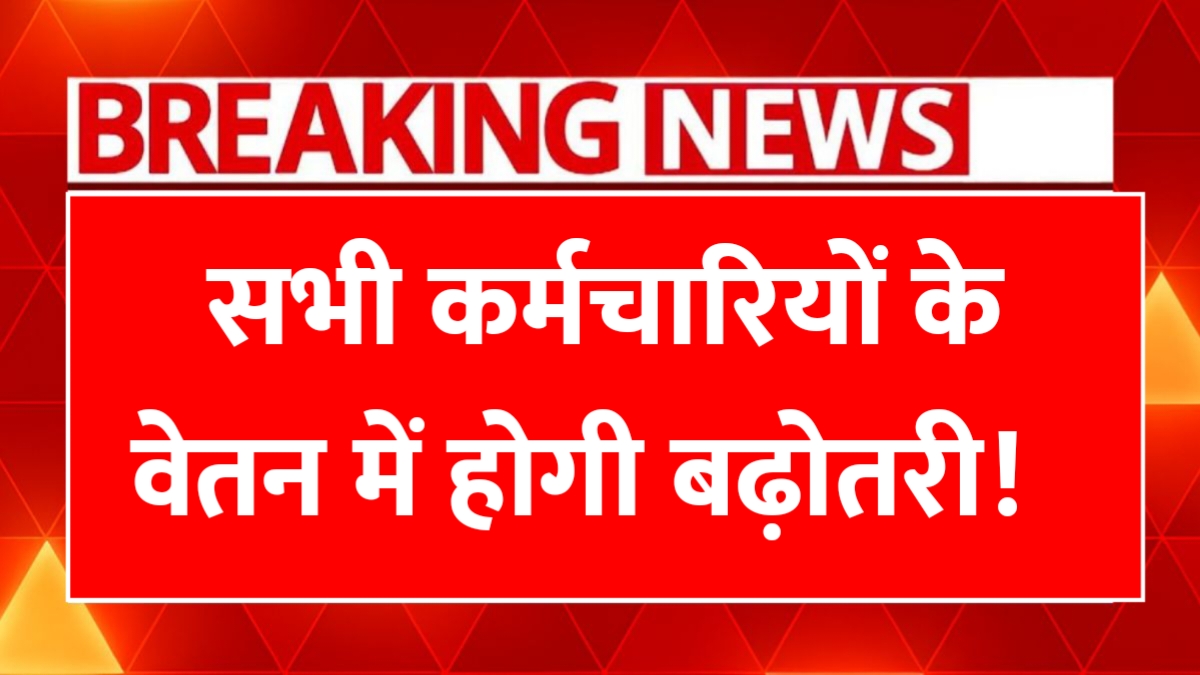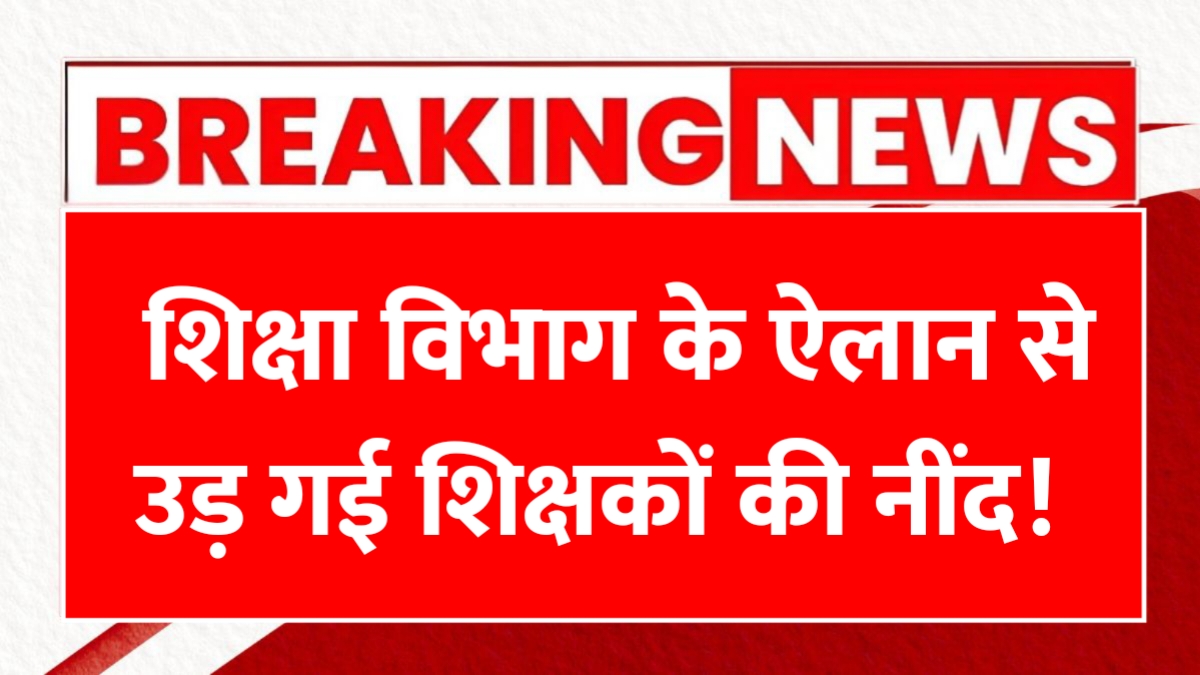$2,000 Stimulus Payments June 2025: The internet has been buzzing with discussions about potential $2,000 stimulus checks arriving in 2025, creating excitement and hope among millions of Americans struggling with rising costs and economic uncertainty. Social media platforms are filled with posts claiming these payments will begin as early as June 2025, but the reality behind these claims tells a very different story. Understanding the facts versus the rumors has become crucial for anyone hoping for financial relief from the federal government.
Current Status of Stimulus Check Proposals
As of now, there are no official $2,000 stimulus checks approved or scheduled for 2025. The rumors circulating online remain exactly that – unconfirmed speculation without any backing from federal legislation. Neither Congress nor the Internal Revenue Service has announced any new economic relief packages that would include direct payments to American citizens. The discussions about these checks exist only in the realm of social media posts and unverified websites, not in actual government policy or law.
This lack of official confirmation is important to understand because it means Americans should not count on receiving these payments. While the idea of additional financial assistance is appealing, especially during challenging economic times, no concrete steps have been taken by lawmakers to make these payments a reality. Citizens are advised to rely only on official government sources for accurate information about any potential relief programs.
Origins of the Online Speculation
The current wave of excitement about $2,000 stimulus checks began primarily through viral social media posts on platforms like Facebook and Twitter. These posts often include eye-catching headlines and claims about imminent payment dates, but they lack credible sources or official government backing. Many of these posts spread rapidly because they offer hope to people facing financial difficulties, even though the information they contain is not verified.
Some of these viral posts go beyond simple speculation and actually include fraudulent elements. Fake websites have appeared claiming to offer registration for these non-existent stimulus checks, asking people to provide personal information like Social Security numbers and bank account details. These scam sites take advantage of people’s hopes for financial relief and can lead to identity theft or other forms of fraud.
Warning Signs of Misinformation
Federal officials have specifically warned the public about these misleading claims and fraudulent websites. Legitimate government programs never require people to register through unofficial websites or pay fees to receive benefits. Any website asking for personal information in exchange for stimulus check registration should be considered suspicious and avoided completely.
The government has established clear channels for distributing financial aid when such programs exist. These official channels include the IRS website, direct communication from the Treasury Department, and announcements through verified government social media accounts. Information from any other source should be viewed with extreme caution and verified through official government websites before being trusted.
Historical Context and Eligibility Standards
While there are currently no approved stimulus checks for 2025, examining past programs can provide insight into how such payments might work if they were ever approved. During the COVID-19 pandemic, the government distributed several rounds of stimulus payments through programs like the CARES Act and the American Rescue Plan.
These previous programs typically targeted middle and lower-income Americans, with specific income thresholds determining eligibility. Single individuals earning less than $75,000 annually and married couples with combined incomes under $150,000 generally qualified for full payments. People earning above these amounts received reduced payments or no payments at all, depending on their exact income levels.
Government’s Track Record with Economic Relief
The United States government has demonstrated its ability to provide financial assistance during times of crisis. The swift implementation of multiple stimulus programs during the early stages of the COVID-19 pandemic showed that direct payments to citizens can be organized and distributed when there is sufficient political will and urgent need.
However, the current economic situation, while challenging for many Americans, has not reached the level of emergency that prompted previous stimulus packages. Without a clear crisis requiring immediate government intervention, the likelihood of new stimulus payments being approved remains uncertain.
Protecting Yourself from Scams
Given the high level of misinformation surrounding stimulus checks, Americans should take specific steps to protect themselves from scams. Only trust information that comes directly from official government sources such as the IRS website or verified government social media accounts. Never provide personal information to unofficial websites claiming to offer stimulus check registration or processing.
If you encounter posts or websites claiming to offer information about upcoming stimulus payments, verify this information through official channels before taking any action. Remember that legitimate government benefits never require upfront payments or personal information provided through unofficial channels.
Disclaimer: This article is for informational purposes only. For the most current and accurate information about any government relief programs, please consult official federal government sources such as irs.gov or treasury.gov.
